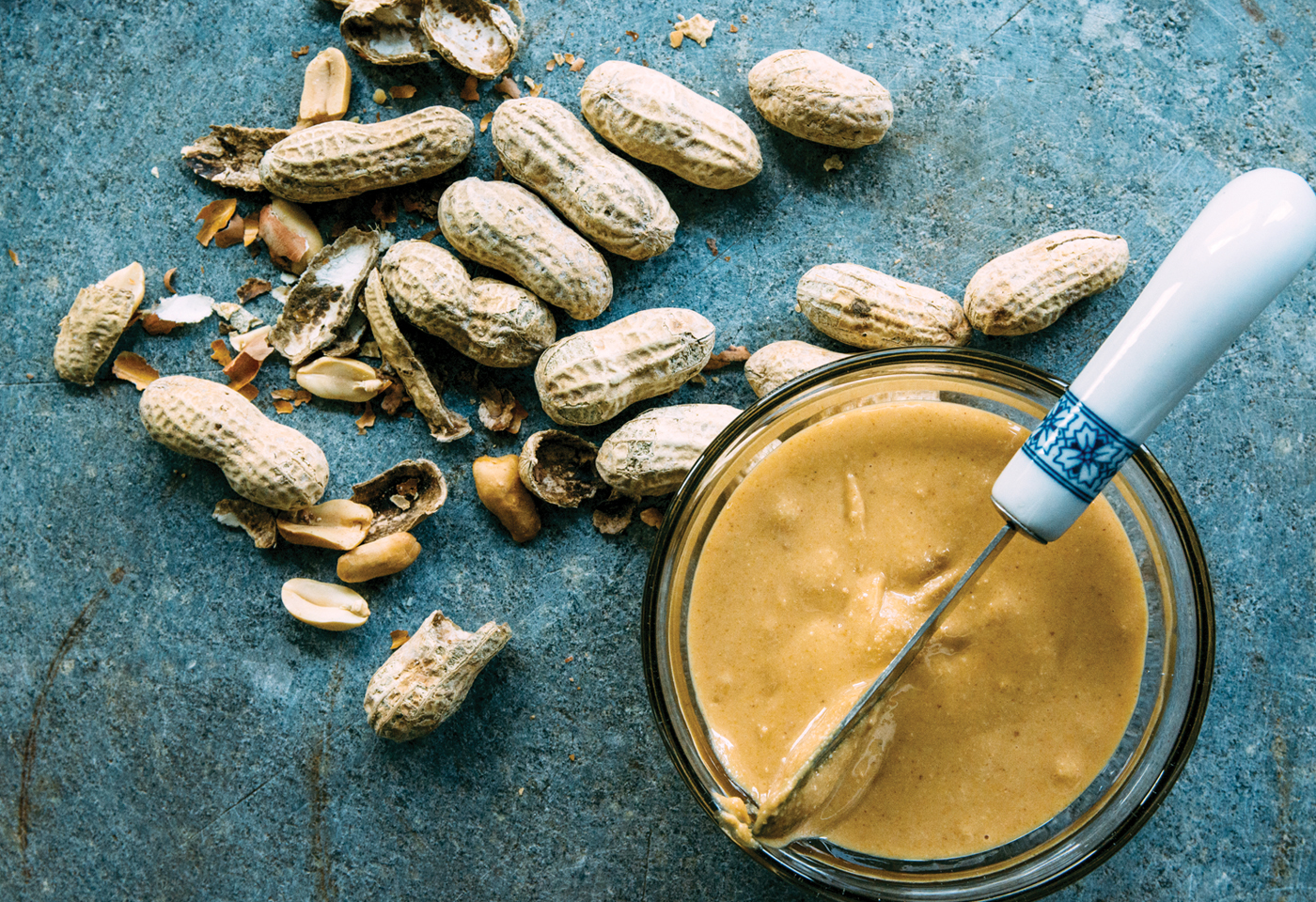Ask the Experts: Baby food allergies

Food allergies are scary in large part because we still don’t know what has caused the rapid rise in cases over the past few decades. National surveys suggest that the peanut allergy has tripled since the late 1990s, and food allergies now affect at least 3 percent and up to 10 percent of the population.
For a long time, the recommendation to new moms was to hold off until baby’s first birthday to offer dairy, age 2 for eggs, and age 3 for all other “highly allergenic foods.”
In February 2015, a landmark study (LEAP) was published in the New England Journal of Medicine that stated introducing peanuts to children between 4 and 11 months of age and keeping it in their diet reduced the development of a peanut allergy by 86 percent by age 5 (versus children who were advised to continue avoiding peanuts).
With that in mind, we now recommend early introduction of most foods to otherwise healthy children (without signs of eczema or other food allergies). As a compliment to breastfeeding or formula, purees or age-appropriate solids should be introduced when the child is developmentally ready (around 4 to 6 months of age). Each new food should be given one at a time for 2-3 days before integrating that food as a regular part of your baby’s diet.
Unfortunately, many potentially allergenic foods are not in an age-appropriate form. Pureed foods like Inspired Start can help parents introduce new foods early on before solids. Since every child is different, it is important to always consult your baby’s physician beforehand.
—Eyal Oren, MD, Asthma & Allergy Affiliates (Massachusetts)







